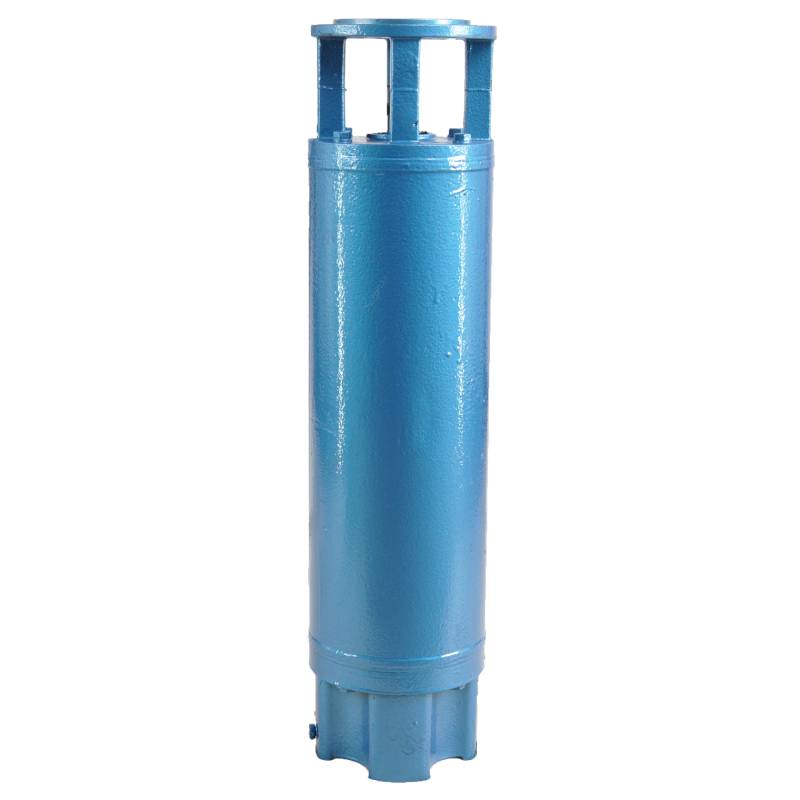أكتوبر . 30, 2024 13:16 Back to list
underwater motor pump
Underwater Motor Pumps An Essential Utility for Various Applications
Underwater motor pumps, also known as submersible pumps, are specialized devices designed to operate fully submerged in water or other fluids. These pumps play a crucial role in various applications, including irrigation, dewatering, groundwater extraction, and sewage management, among others. Their unique design and functionality make them indispensable tools in both residential and industrial settings.
The primary advantage of underwater motor pumps lies in their efficiency and ability to handle both clean and dirty water. Unlike surface pumps, submersible pumps are placed directly in the fluid they are intended to move, which allows them to push water to the surface rather than pulling it. This design reduces the need for priming, making them easier to use and more energy-efficient. The motor is hermetically sealed in a waterproof housing, ensuring its operation in submerged conditions without the risk of damage from water ingress.
One of the key areas where underwater motor pumps are employed is in construction. Excavation sites often encounter groundwater that needs to be managed to maintain dry conditions for building foundations and other structures. Submersible pumps can quickly and effectively remove excessive water, facilitating continuous work and preventing delays. Additionally, these pumps are invaluable during flood situations, helping to restore normalcy by draining excess water in a timely manner.
underwater motor pump

In agricultural applications, underwater motor pumps are commonly used for irrigation purposes. Farmers utilize these pumps to draw water from wells or surface water sources, ensuring that crops receive adequate hydration. Their ability to deliver consistent water flow at various depths makes them suitable for different soil types and water levels, ultimately contributing to improved agricultural productivity.
The wastewater management industry also heavily relies on submersible pumps. These pumps are essential for transporting sewage and other liquids in wastewater treatment plants. Their design allows them to efficiently handle the solids and debris often found in sewage, which can clog traditional pumps. By ensuring smooth operation in these challenging environments, underwater motor pumps help to maintain sanitary conditions and protect public health.
When selecting an underwater motor pump, several factors must be considered, including the pump's capacity, materials, and the specific application. The material used in constructing the pump should be corrosion-resistant, especially when dealing with aggressive fluids. Additionally, the motor's power must be appropriate for the intended depth and flow rate.
In conclusion, underwater motor pumps are vital components in a wide range of applications. Their capacity for efficient water movement in submerged conditions makes them essential tools for construction, agriculture, and wastewater management. As technology advances, the design and efficiency of these pumps continue to improve, solidifying their role as indispensable assets in various industries.
-
Water Pumps: Solutions for Every Need
NewsJul.30,2025
-
Submersible Well Pumps: Reliable Water Solutions
NewsJul.30,2025
-
Stainless Steel Water Pumps: Quality and Durability
NewsJul.30,2025
-
Powerful Water Pumps: Your Solution for Efficient Water Management
NewsJul.30,2025
-
Oil vs Water Filled Submersible Pumps: Which is Better?
NewsJul.30,2025
-
Deep Well Pumps: Power and Reliability
NewsJul.30,2025
-
 Water Pumps: Solutions for Every NeedWhen it comes to handling dirty water, the dirty water pump is a must-have.Detail
Water Pumps: Solutions for Every NeedWhen it comes to handling dirty water, the dirty water pump is a must-have.Detail -
 Submersible Well Pumps: Reliable Water SolutionsWhen it comes to ensuring a reliable water supply, submersible well pumps are a top choice.Detail
Submersible Well Pumps: Reliable Water SolutionsWhen it comes to ensuring a reliable water supply, submersible well pumps are a top choice.Detail -
 Stainless Steel Water Pumps: Quality and DurabilityWhen it comes to choosing a water pump, the stainless steel water pump price is a crucial factor.Detail
Stainless Steel Water Pumps: Quality and DurabilityWhen it comes to choosing a water pump, the stainless steel water pump price is a crucial factor.Detail
